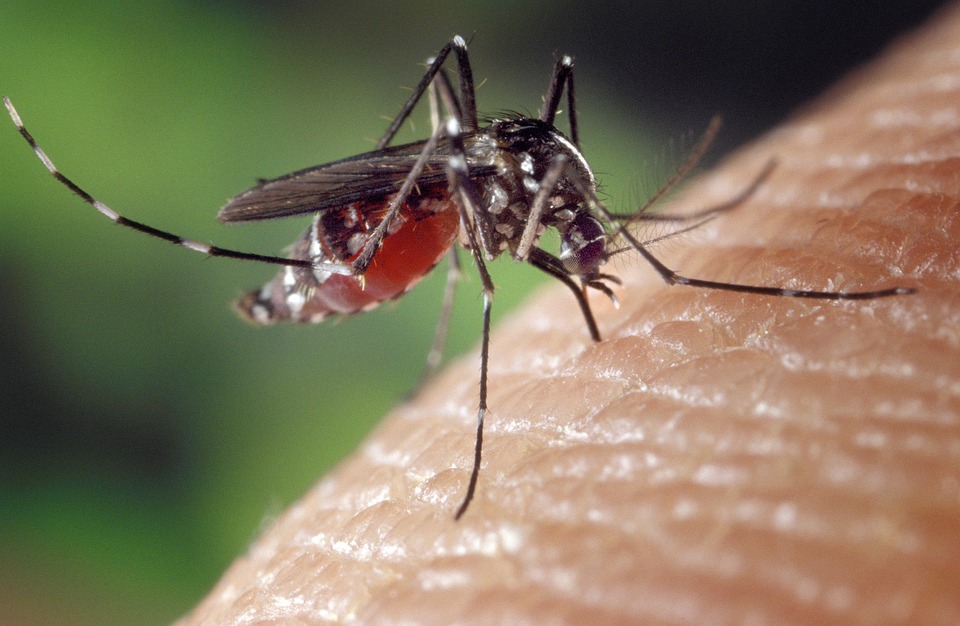Scientists at the Cyprus Institute (CyI) have introduced an early warning system to evaluate the potential threat posed by tiger mosquitoes which can cause dengue fever.
This system, featured on a digital online platform called VEClim, projects the year-round activity of these mosquitoes in Cyprus.
According to scientists at CyI, the risk of local disease transmission remains low during the winter months, with the projected impact of a potential outbreak affecting fewer than 10 individuals.
The Asian tiger mosquito, known for its invasive nature, has steadily expanded its presence across Europe since its arrival in the late 1970s. It is a proficient carrier of various viruses, including the dengue virus, and has triggered outbreaks of dengue fever in several European countries such as Croatia, France, Spain, and Italy since 2010.
Researchers at Cyl were among the first to document the mosquito’s arrival in Limassol in 2022. This arrival prompted vigilance regarding potential pathogen spread by the mosquitoes.
The health ministry initiated intensive vector control measures in affected areas across the island. To date, only isolated cases of dengue fever have been reported, attributed to travellers who contracted the virus elsewhere.
VEClim’s recent assessments on its online platform analysed the potential risks and impacts of a disease outbreak assuming the establishment of a permanent tiger mosquito population in Limassol.
Based on weather forecasts from the European Centre for Medium-Range Weather Forecasts (ECMWF), the risk of an outbreak is at its lowest between late November and early March. In this period, an outbreak’s anticipated infections are projected to be fewer than 10, assuming local transmission occurs, a scenario that is improbable given that tiger mosquito populations have not established themselves on the island.
The potential for an outbreak hinges on various factors, notably the mosquito’s sensitivity to climate and environmental conditions. Factors such as temperature, rainfall and human activities, like leaving containers uncovered, influence the mosquito’s capability to transmit imported viruses within the local population.
VEClim offers insights into seasonal activity patterns and short-term forecasts of tiger mosquito abundance and activity across Europe. Future expansions include long-term climate change projections, region-specific assessments for vector control, and the inclusion of other vector species like sand flies, the yellow fever mosquito, and common house mosquitoes, which carry diseases like leishmaniasis and the West Nile virus.







Click here to change your cookie preferences